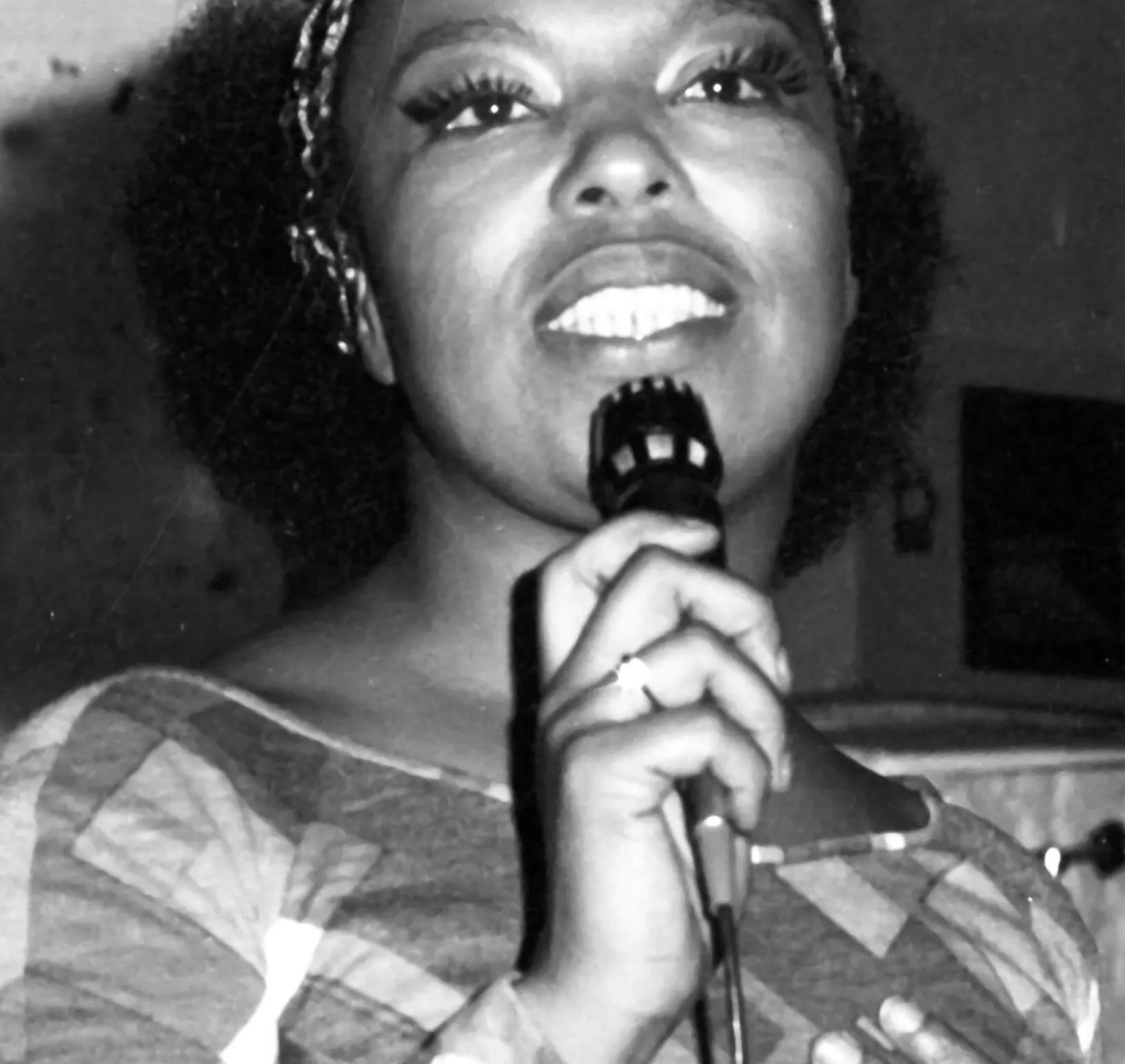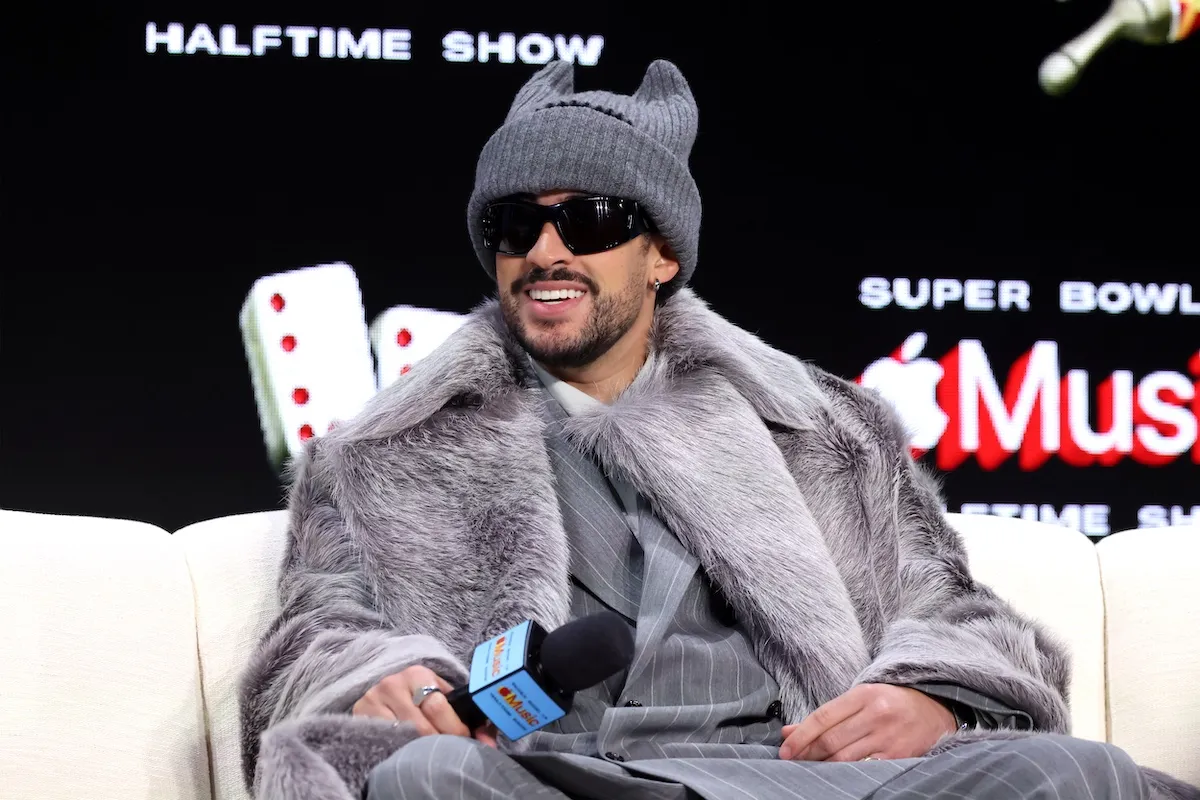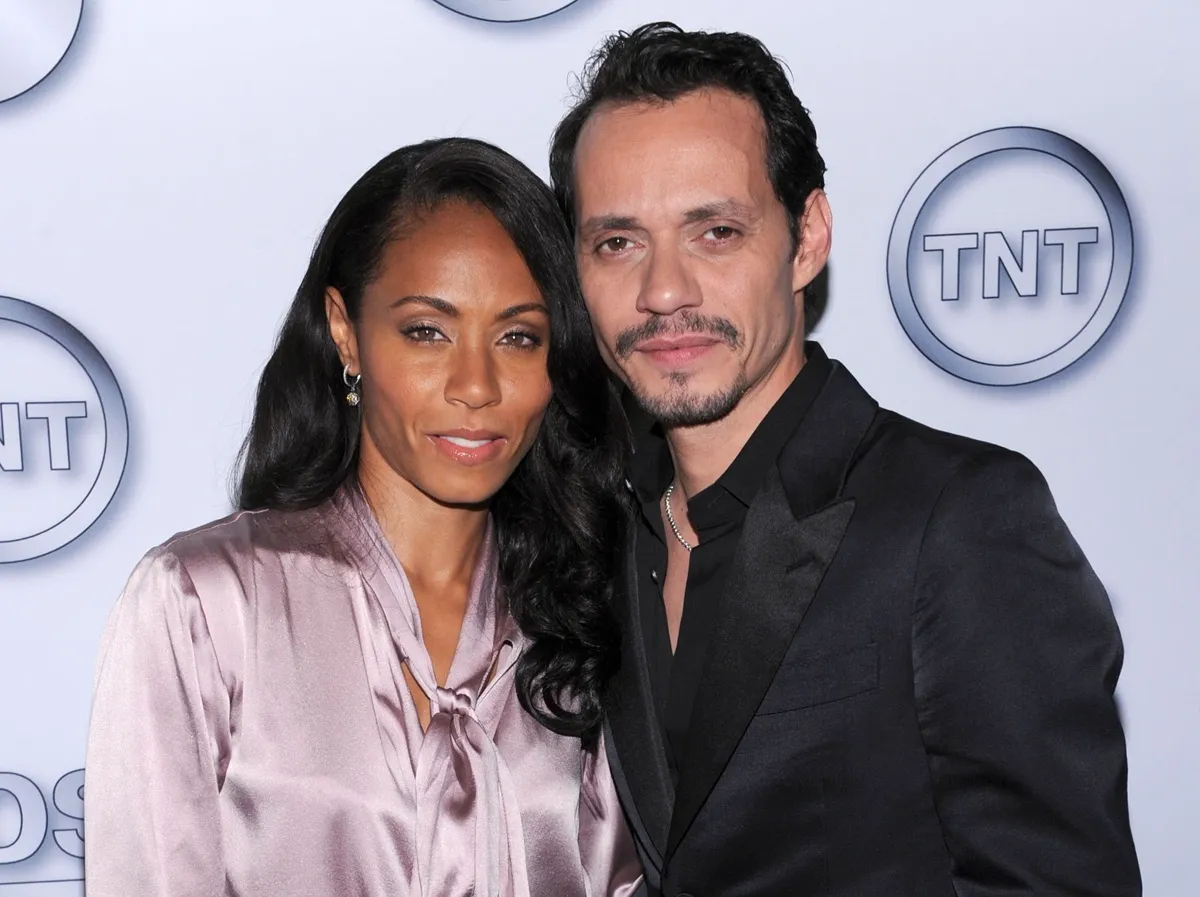
Did Roberta Flack Ever Have a No. 1 Song?
When a beloved singer dies, the best way to comfort yourself is to look back on their best music. Roberta Flack gave us some of the best R&B songs of the 1970s. This raises an interesting question — did she ever have a No. 1 hit?
1 of Roberta Flack’s songs was part of a classic Clint Eastwood movie
Flack was a soul/R&B singer who peaked during the 1970s, a time often seen as the pinnacle of those styles of music. She was incredibly talented, and she was in the right place at the right time. She managed to have three No. 1 hits on the Billboard Hot 100.
The first was “The First Time Ever I Saw Your Face,” which was used in Clint Eastwood’s classic thriller Play Misty for Me. The film was the Western star’s debut as a director. It was clearly an influence on the later blockbuster Fatal Attraction.
Her next chart-topper was a cover of the folk song “Killing Me Softly With His Song.” Flack reinterpreted the song in an R&B style and blew the original out of the water.
She returned to the No. 1 spot with the sensual “Feel Like Makin’ Love.” On some level, “Feel Like Makin’ Love” might be her most influential song. You can hear its impact on the development of quiet storm, an R&B genre that combines with jazz.
The success of “Feel Like Makin’ Love” proved that radio programmers had become much less prudish by the 1970s. In the 1960s, songs by The Beatles and The Rolling Stones were banned even though they were a lot less explicit than “Feel Like Makin’ Love.”
1 of these songs became a hit by hip-hop legends
These days, “Killing Me Softly with His Song” is likely her most popular track. There are two reasons for that. Firstly, her version of the song never really went away.
Secondly, the Fugees did their own rendition of the track that took a lot of inspiration from Flack’s. As long as the Fugees remain hip-hop legends (which they will for many years to come), people will continue to discover Flack’s music.
What Roberta Flack thought about her own music
During a 2020 interview with AARP, Flack discussed her career. “To me, music is everything. It’s the language of emotion, expression, and connection,” she said. “It reaches across race, age, religion, borders, and time to connect us.”
She also discussed the social messages in her music. “I’m deeply saddened that many of the songs I recorded 50 years ago about civil rights, equal rights, poverty, hunger, and suffering in our society are still relevant in 2020,” Flack said. “I hope that people will hear these songs in a new way as they connect to their lives today, to this pandemic, to the growing economic disparities, to Black Lives Matter, to police brutality, to activism versus apathy, and the need for each of us to see it and address it. I will continue to use my music to touch hearts, tell my truth, and encourage people always to do whatever they can, however they can, to make the world better.”
Flack was one of the greats, and hopefully, we can hear what she had to say.


